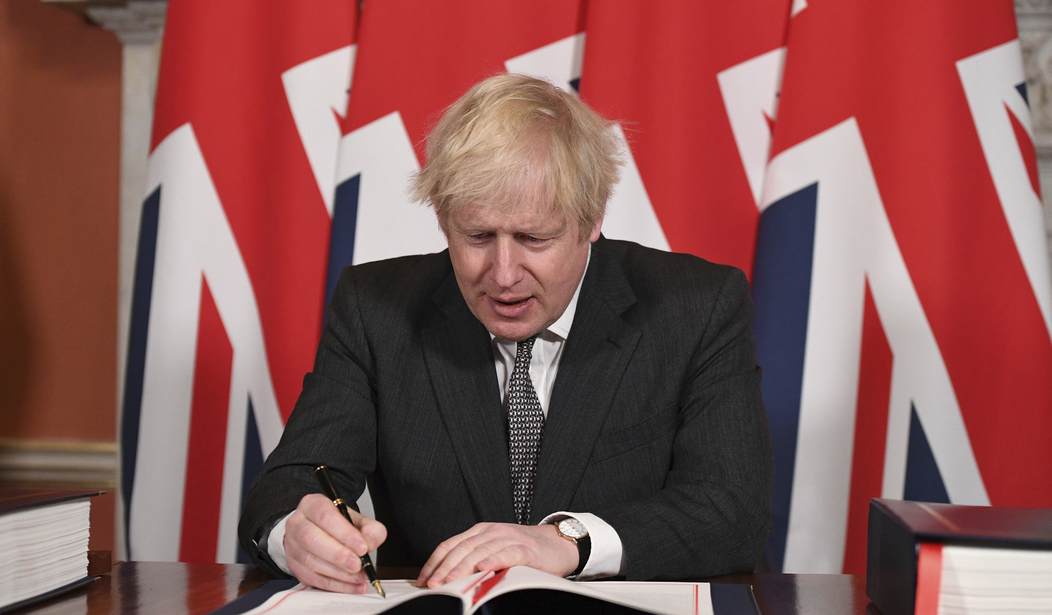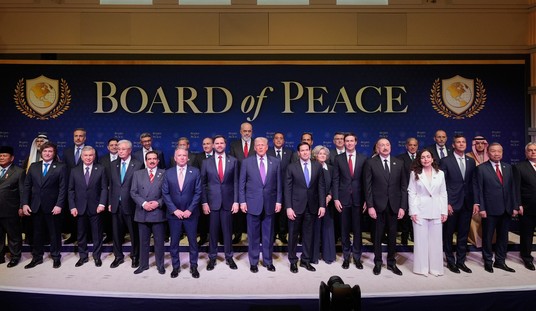The rise of Donald Trump’s brand of populist nationalism in the presidential election of 2016 was foreshadowed in Great Britain approximately five months earlier, when British citizens voted by a margin of 51.9 to 48.1 in favor of the referendum on withdrawing from the European Union — later coined as “Brexit” — making Britain the first country to ever withdraw from the EU after 47 years as a member of it and its predecessor organization.
The Brexit referendum was opposed by both major parties in Great Britain — the conservative Tories and the liberal Labour. Nevertheless, a coalition of politically conservative and blue-collar labor voters came together to form a majority, and Brexit was passed.
David Cameron, the leader of the Tories who opposed the referendum, resigned as Prime Minister. Theresa May was elected by the new Prime Minister in March 2017 but was unable to move the negotiations forward with the European Union to reach an agreement for withdrawal. Further unrest in Parliament led to the collapse of May’s governing majority and new elections were held in January 2019.
The far more populist and conservative Boris Johnson led the Tories to victory with a majority of 80 seats in Parliament and announced that Great Britain would be exiting the EU on December 31, 2020, whether an agreement was reached with the EU or not. The election outcome turned on the same coalition of voters that passed Brexit in 2016 — traditional political conservatives and blue-collar workers formerly part of the Labour party coalition from the more industrialized parts of Great Britain.
Under quasi-communist Labour Party leader Jeremy Corbyn, the British left has mirrored the descent of the Democrat party, and now is the home mostly of urban, leftist wokesters and minorities, which in Britain has become mainly migrants from North Africa and the Middle East.
Great Britain went back to the polls on Thursday for the first time since the election in January 2019 that made Boris Johnson Prime Minister, and the results have been devastating — for Labour.
British election results tend to trickle in slowly over a few days’ time, and that feature will likely be made worse this year by COVID. But one early result shows that the Tories have captured a seat that Labour has held since 1974. The Tory candidate won the Hartlepool seat by a near 2-1 margin, in an industrial region on the northeast coast of England that has traditionally been the heart of Labour Party territory.
The Tories are also winning numerous seats on Councils in areas long controlled by the Labour Party. With 131 of 143 Councils now having reported results, according to BBC, the Tories have increased their numbers by 236 (out of an overall win of 2138), with Labour losing 293 Council seats to drop to only 1248. The Tories have gained control of 12 additional Councils. bringing their total to 58 compared to only 44 controlled by Labour, with some of those still in doubt.
These results show the electoral potency of the conservative/populist/nationalist coalition that Pres. Trump organized by opposing the establishments of both the Democrat and Republican parties in 2016.
Setting aside the particulars of the outcome of the 2020 presidential election, it seems obvious that if you attempted to fill two halls with two different subsets of voters — those who voted for Pres. Trump but are glad that Joe Biden won, and those who voted for Joe Biden but wish now they had voted for Pres. Trump — the hall with the latter subset of voters would fill up much faster.
That dynamic is going to drive the 2022 midterm elections for Congress.
The Biden Administration is making the same mistake that the Obama Administration made in 2009-10.
Obama faced a significant economic crisis, not of his making, that resulted from the housing crash in late 2008. But rather than focus all the efforts of government on solving that problem, the Democrats — in control of both Congress and the White House for the first time since 1994 — decided to pursue the laundry list of policies demanded by liberal interest groups, starting with Obamacare.
That pursuit of radical left-wing politics resulted in a crushing defeat for Democrats in the 2010 mid-term elections, from which the Democrats and Obama never recovered.
History is repeating itself. Biden is faced with an economic crisis, not of his making. While paying lip service to efforts to address the problem, his Administration is actually pursuing policies that are making it worse. At the same time, they are taking advantage of the fact that they control Congress and the White House for the first time in 10 years to pursue another laundry list of policies that appeal only to the most liberal political interest groups.
The elections in Great Britain are showing that the coalition that was formed to pass Brexit remains politically dominant. That is the same coalition that supported Pres. Trump. Whether Pres. Trump returns to politics or not, the political forces he unleashed are not going away.
The Biden Administration is not learning the lessons that history teaches.















Join the conversation as a VIP Member